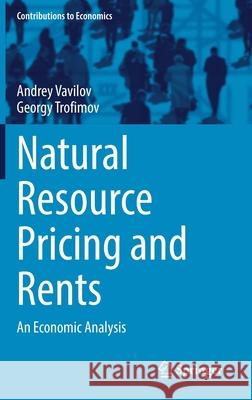Natural Resource Pricing and Rents: An Economic Analysis » książka
topmenu
Natural Resource Pricing and Rents: An Economic Analysis
ISBN-13: 9783030767525 / Angielski / Twarda / 2021 / 314 str.
Kategorie:
Kategorie BISAC:
Wydawca:
Springer
Seria wydawnicza:
Język:
Angielski
ISBN-13:
9783030767525
Rok wydania:
2021
Wydanie:
2021
Numer serii:
000036348
Ilość stron:
314
Waga:
0.63 kg
Wymiary:
23.39 x 15.6 x 1.91
Oprawa:
Twarda
Wolumenów:
01
Dodatkowe informacje:
Wydanie ilustrowane











